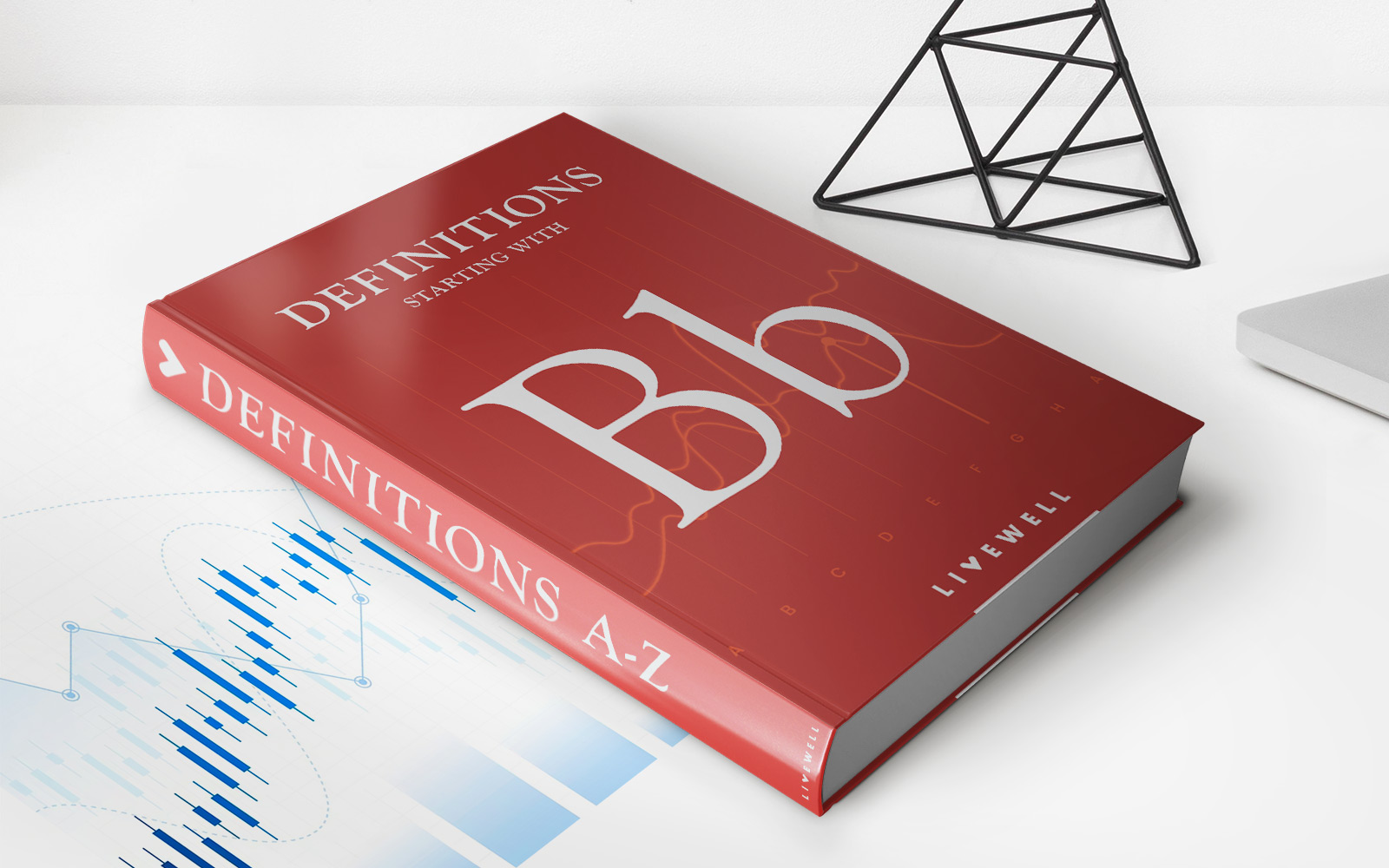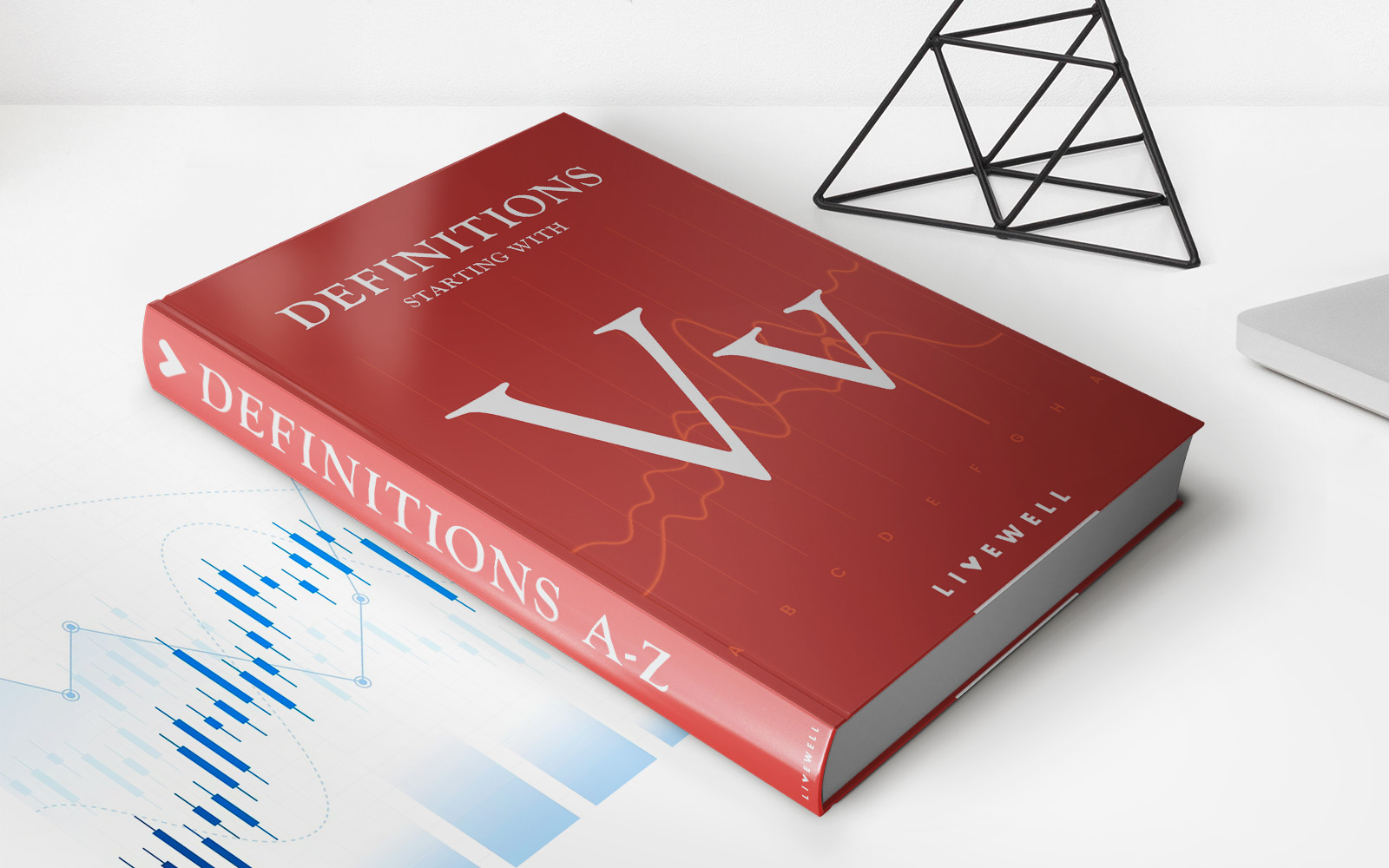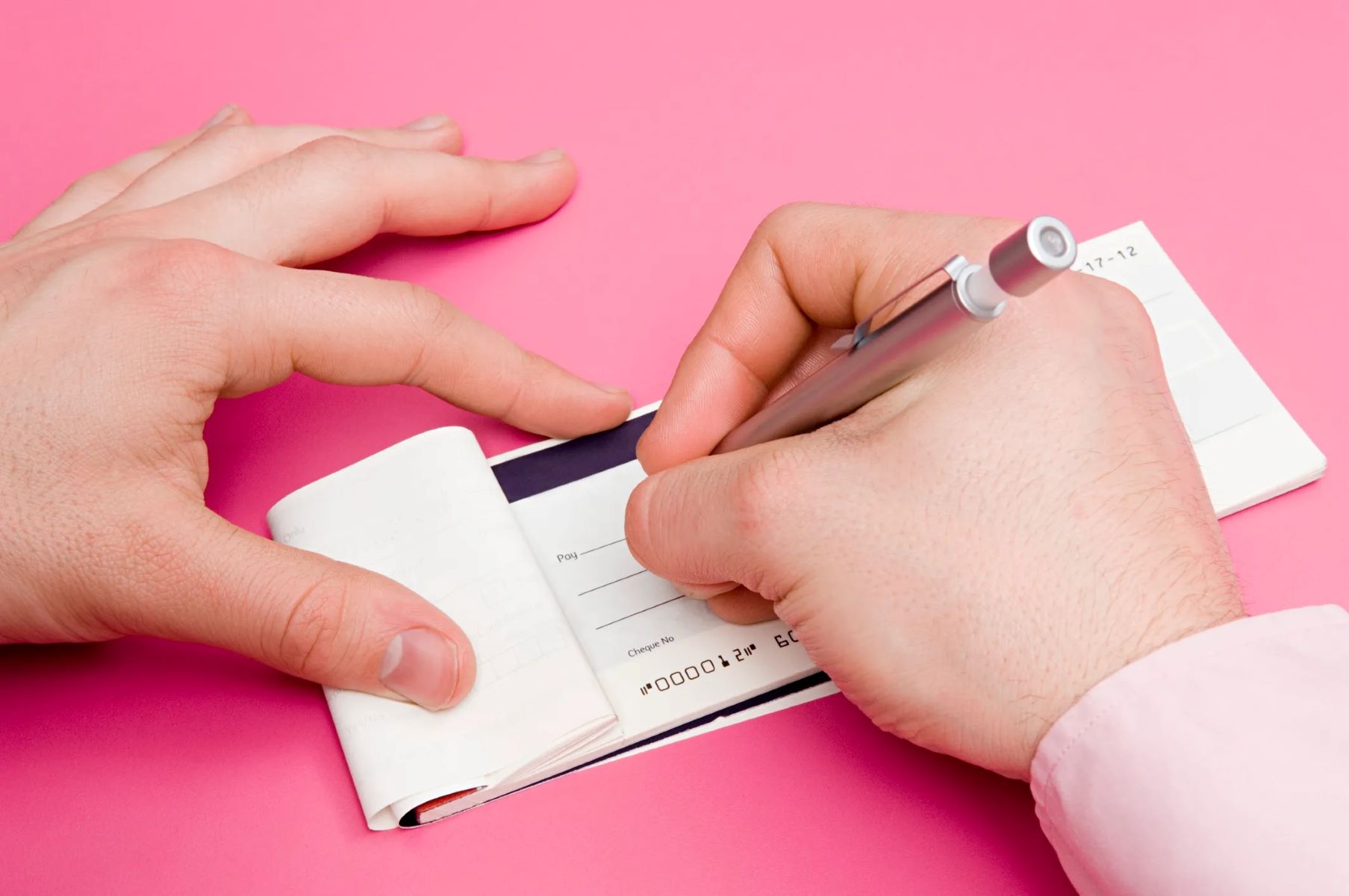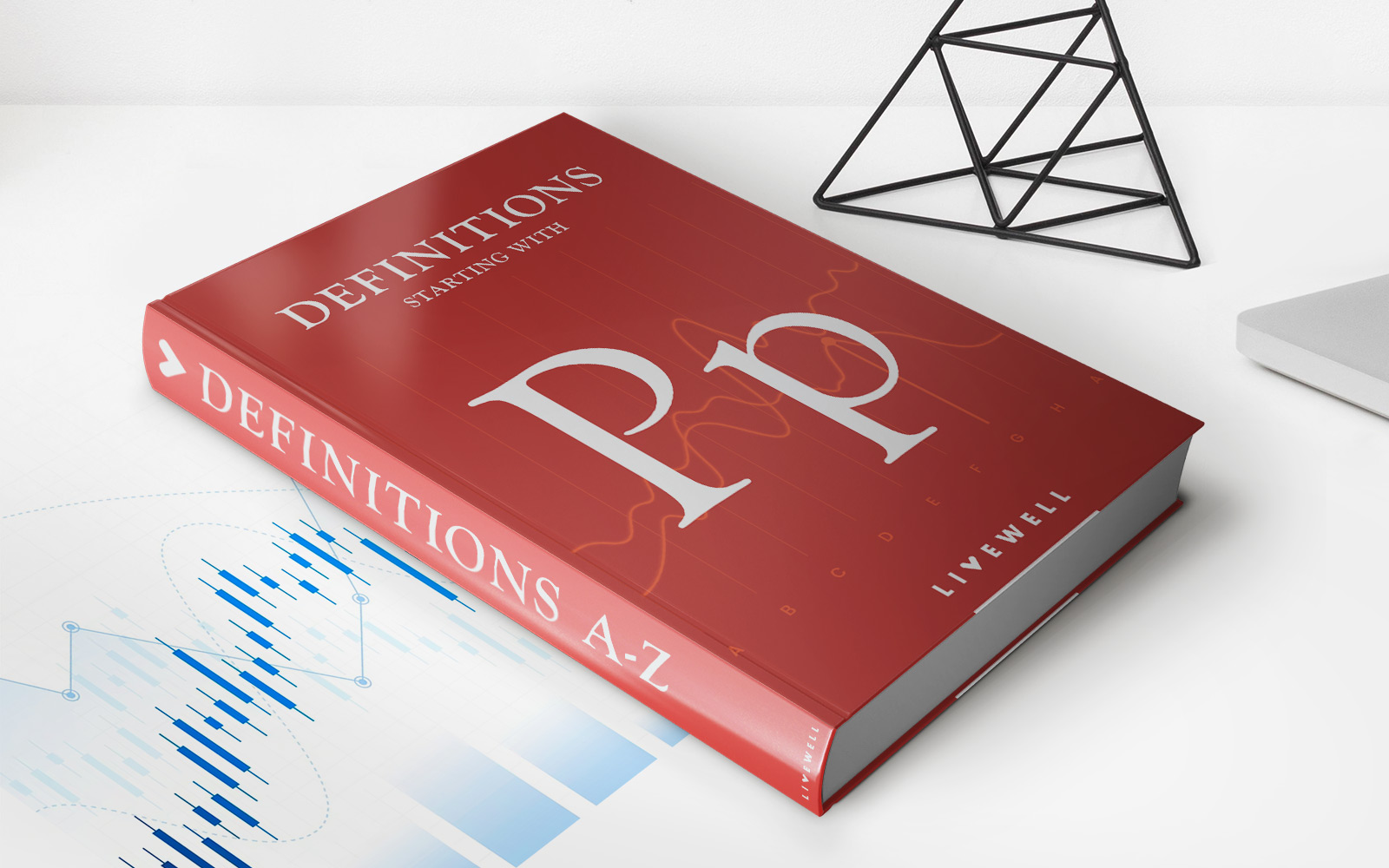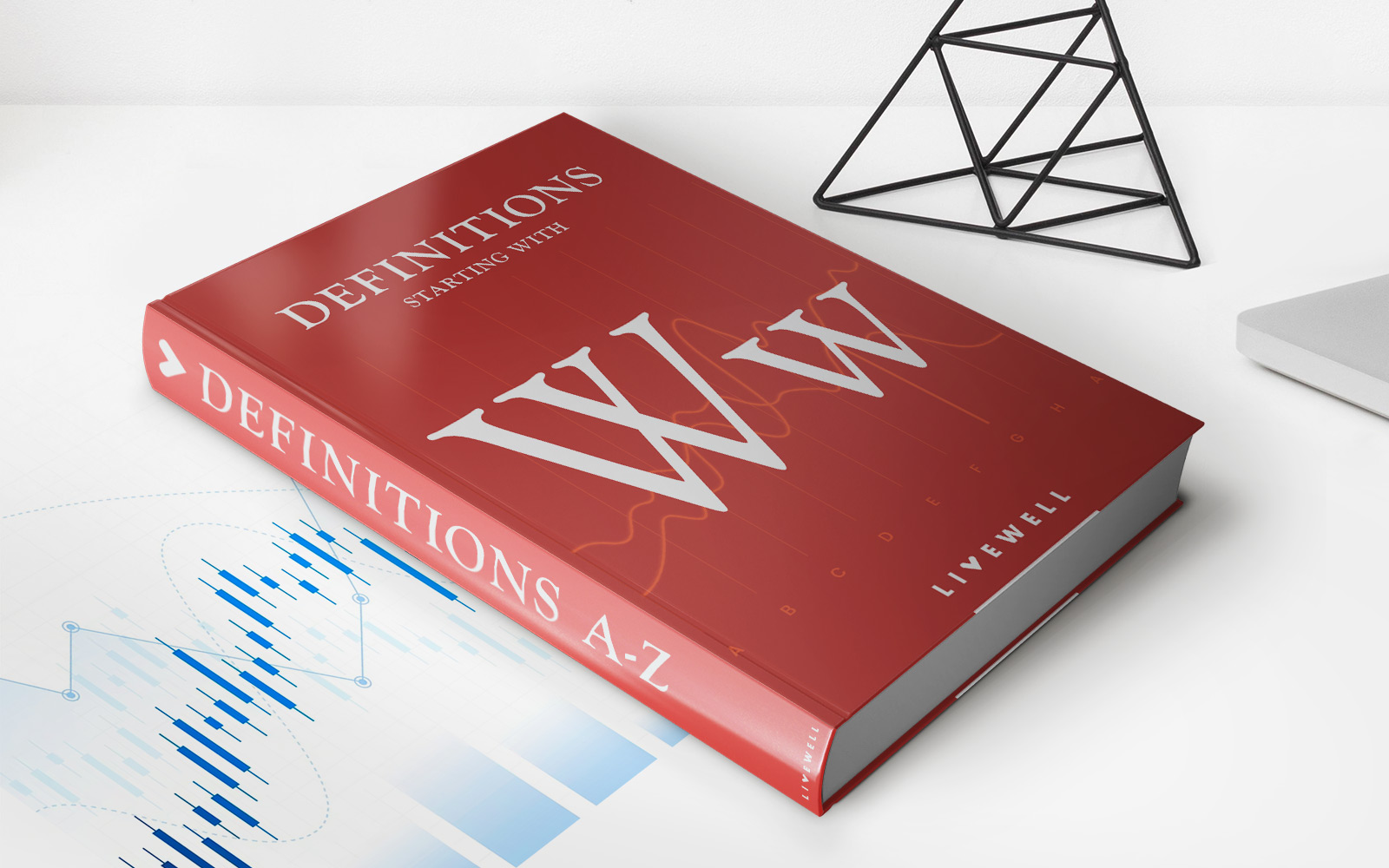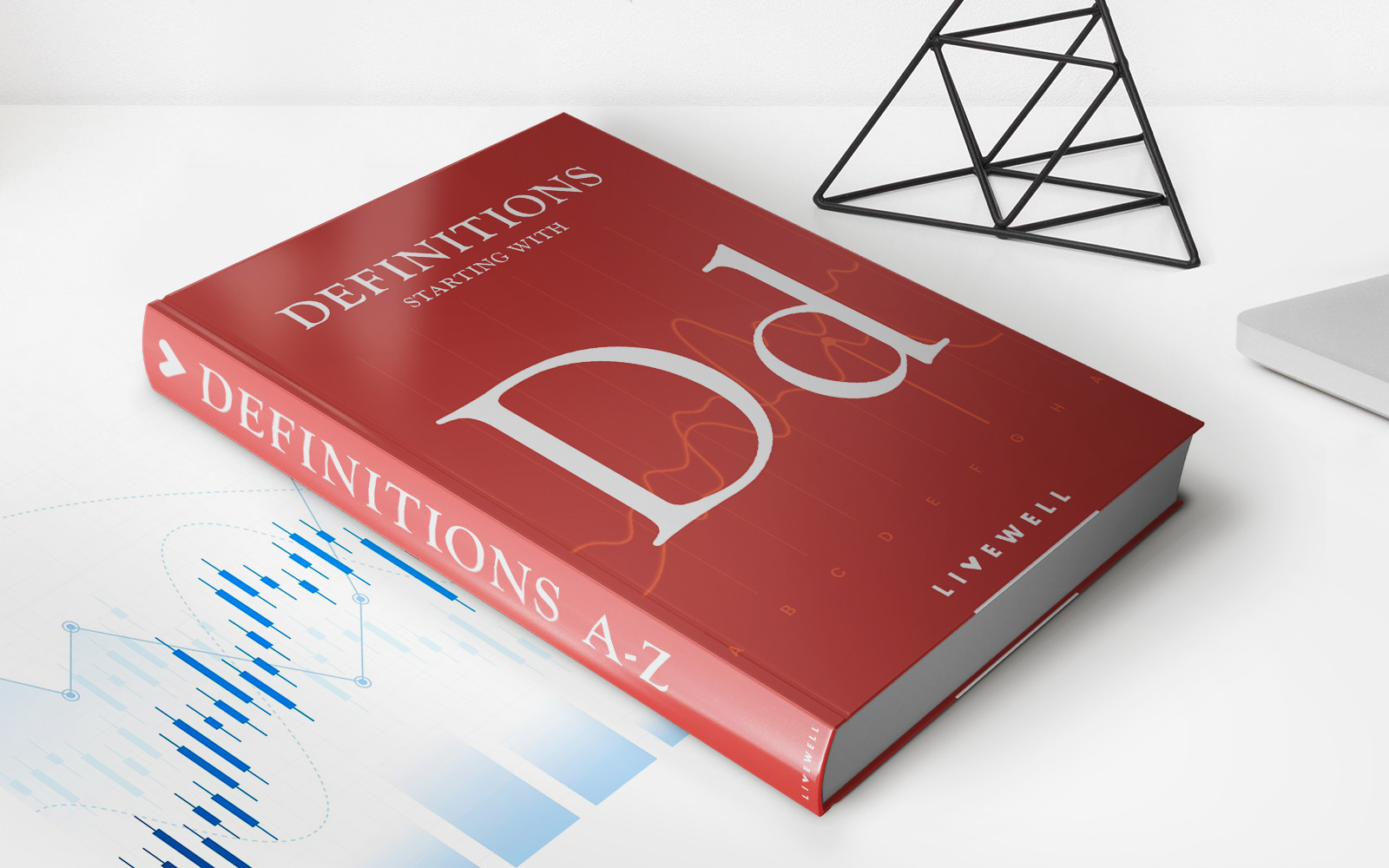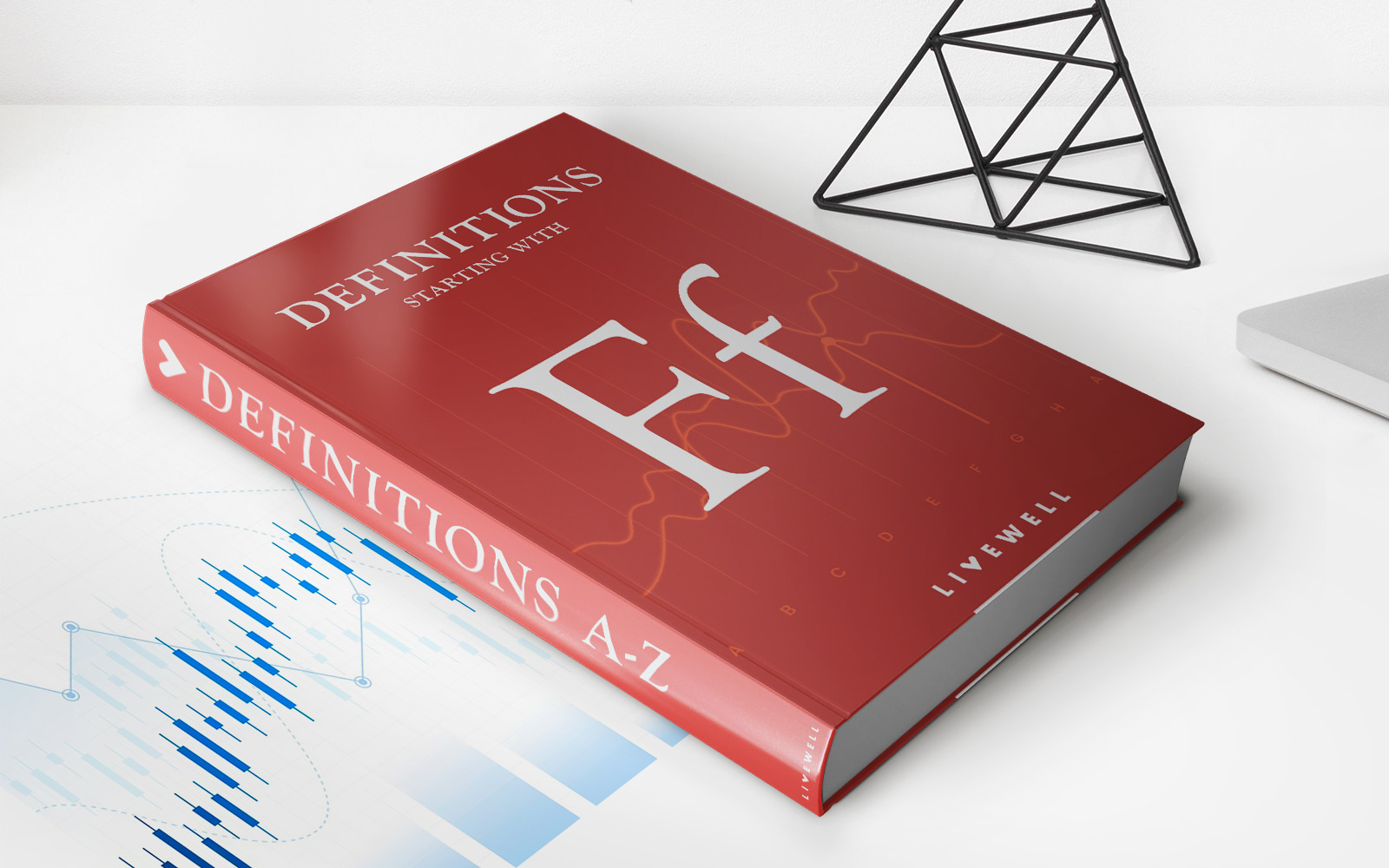Home>Finance>What Is A Bad Check? Definition, What Happens, And Example


Finance
What Is A Bad Check? Definition, What Happens, And Example
Published: October 12, 2023
Learn the definition of a bad check, what happens when you write one, and see an example. Get important information on bad checks in finance.
(Many of the links in this article redirect to a specific reviewed product. Your purchase of these products through affiliate links helps to generate commission for LiveWell, at no extra cost. Learn more)
What Is a Bad Check? Definition, What Happens, and Example
Welcome to the world of finance! Today, we are going to dive into one of the not-so-glamorous aspects of money management – bad checks. But fear not, because by the end of this post, you will have a clear understanding of what defines a bad check, what happens when one is encountered, and even an example to bring everything to life. So, let’s get started!
Key Takeaways:
- A bad check is a financial instrument that is no longer valid due to insufficient funds in the account provided or other issues.
- When a bad check is presented to a bank or merchant, it can lead to bounced check charges, legal consequences, damage to one’s credit score, and strained relationships.
Now, let’s begin by answering the question most likely on your mind:
What exactly is a bad check?
A bad check, also known as a bounced check or rubber check, is a check that cannot be processed or honored by a bank or financial institution due to various reasons. The most common reason is insufficient funds in the account from which the check was drawn. However, other reasons can include a closed account, a mismatched signature, or a discrepancy in the check amount.
But what happens when someone tries to cash or deposit a bad check? Here are the potential consequences:
1. Penalties and Fees:
When a bank receives a bad check, it typically charges the account holder a fee called a “bounced check fee.” This fee can range from a few dollars to a significant amount, depending on the bank’s policy. In addition, if the check was issued to a merchant, they may charge a returned check fee as well.
2. Legal Consequences:
Writing a bad check can have legal implications. In many jurisdictions, intentionally writing a bad check with the knowledge of insufficient funds can be considered check fraud, which is a criminal offense. The severity of the punishment depends on the laws in each jurisdiction.
3. Credit Score Impact:
When a bad check is reported to credit bureaus, it can negatively impact your credit score. This can make it more challenging to obtain loans, credit cards, or other financial products in the future.
4. Strained Relationships:
If you write a bad check to a friend, family member, or business associate, it can strain your relationship with them. Trust is essential in financial transactions, and writing a bad check can erode that trust, causing personal or professional damage.
To paint a clearer picture, let’s look at an example:
Example: Jennifer’s Dinner Dilemma
Jennifer, a hardworking professional, decided to treat her friends to a fancy dinner at an upscale restaurant. Unfortunately, she hadn’t noticed that her account balance was lower than expected. When the waiter presented her with the bill, Jennifer confidently wrote out a check, unaware that it would soon become a bad check.
Days later, Jennifer received a call from the restaurant’s manager, explaining that her check had bounced due to insufficient funds. In addition to the embarrassment and the awkward conversation with the manager, Jennifer was charged a bounced check fee by her bank and faced potential legal repercussions. Moreover, her relationship with her friends was strained as they were left covering the dinner bill unexpectedly.
Remember, managing your finances responsibly is crucial to avoid encountering situations like Jennifer’s. Always ensure sufficient funds are available before writing a check to avoid the repercussions of having a bad check.
Key Takeaways:
- A bad check is a financial instrument that is no longer valid due to insufficient funds in the account provided or other issues.
- When a bad check is presented to a bank or merchant, it can lead to bounced check charges, legal consequences, damage to one’s credit score, and strained relationships.
We hope this blog post has provided you with valuable insights into the world of bad checks. Remember, knowledge is power when it comes to managing your finances wisely. Stay informed, stay responsible, and let’s conquer the world of finance together!

